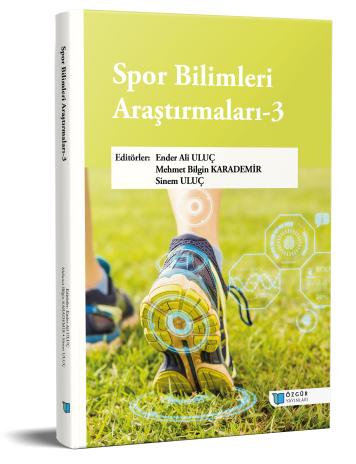
Modulation of Gut Microbiota in Athletes: The Role of Prebiotic, Probiotic, and Synbiotic Supplementation in Sports
Chapter from the book:
Uluç,
E.
A.
&
Karademir,
M.
B.
&
Uluç,
S.
(eds.)
2025.
Sports Sciences Research 3.
Synopsis
The gut microbiota is a complex ecosystem that plays a critical role in digestion, immunity, energy metabolism, and neurological processes. In athletes, microbiota diversity is closely associated with both performance and overall health. While regular exercise enhances microbial diversity and supports short-chain fatty acid (SCFA) production, excessive training may increase intestinal permeability, leading to inflammation and gastrointestinal disturbances. In this context, prebiotic, probiotic, and synbiotic supplementation has gained significant attention. Prebiotics promote the growth of beneficial bacteria, thereby strengthening immunity and reducing inflammation. Probiotics, as live microorganisms, help regulate gut balance, reduce upper respiratory tract infections, and accelerate recovery. Synbiotics combine both approaches, exerting stronger effects by optimizing energy metabolism and supporting immune function. Current evidence suggests that these supplements may facilitate recovery, enhance immune responses, and indirectly improve athletic performance. However, their effectiveness depends on strain, dosage, duration, and individual microbiota profiles. Therefore, the development of personalized supplementation strategies is essential. Overall, prebiotics, probiotics, and synbiotics represent promising tools for optimizing health and performance in athletes.

